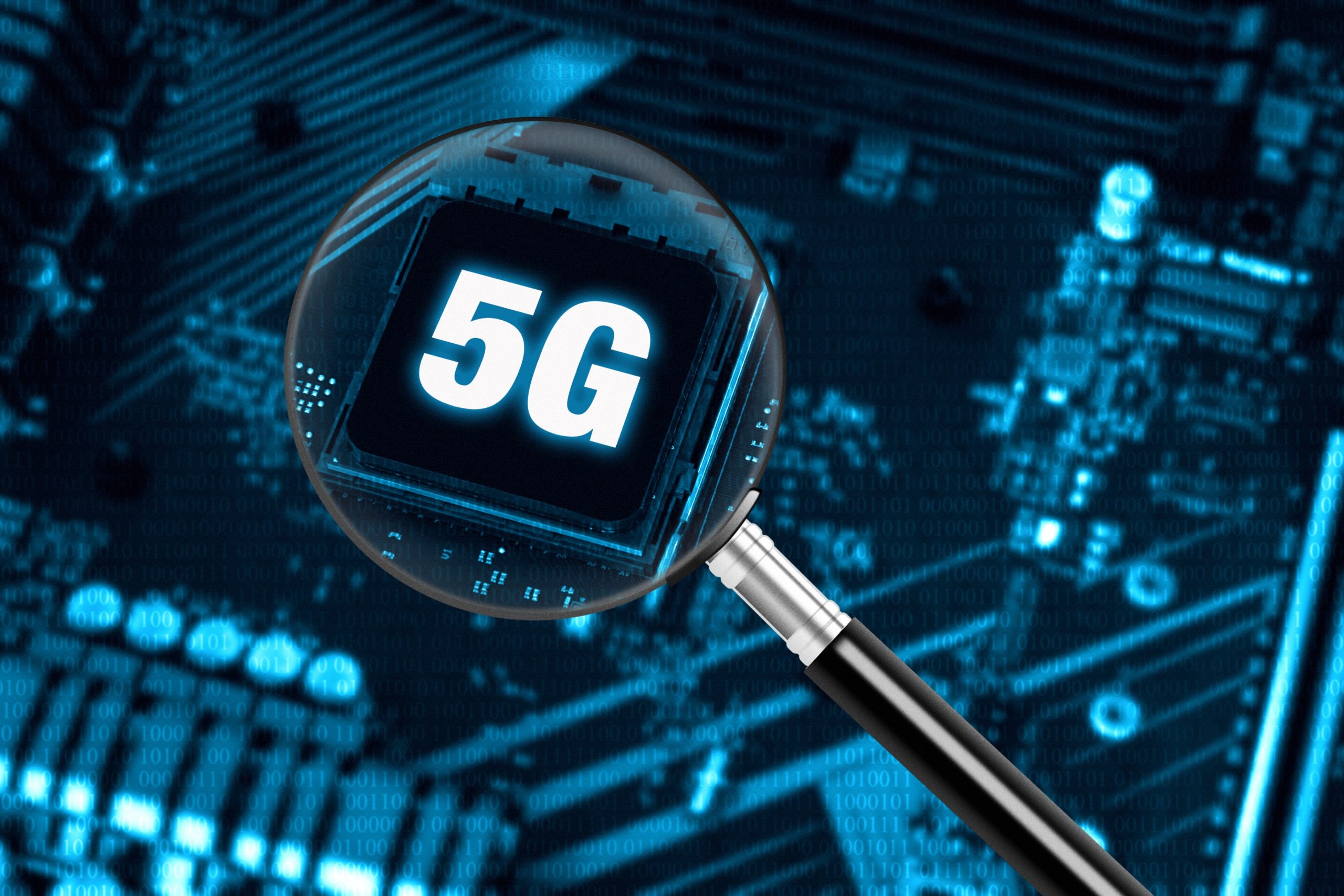The Importance of Autonomous Networks in the Next Industrial Revolution
As we keep moving forward, trying to make life better for humans all the time, there is bound to be a few glitches along the road. The last couple of years have shown that not all in the world is perfect. However, it is not slowing down what is already called the fourth industrial revolution, which is knocking at our doors, thanks to artificial intelligence, 5G and Cloud computing. The goal: Creating a world that is connected and intelligent. And to get there, we will need autonomous networks.
What will be the Fourth Industrial Revolution?
In order to understand where we are going, we need to look back into the past, at what happened during the three first ones. It has to be understood that revolution, in this case, does not mean changing the whole system, but adding to it. In fact, the industrial revolution was helped by the second one, which was the electrical revolution. Both saw themselves magnified by the arrival of the information technology revolution, later on. And now, we are looking at a revolution that will connect all objects through artificial intelligence, making them sense their environment and interact between themselves autonomously, which means without the help of humans, in the process.
It may sound like a science-fiction book, but it is not. We have already entered into that phase of our society, thanks to robots, cars that can drive by themselves and other objects like drones, that are capable of making decisions, thanks to how they understand their environment. That would not be possible without a 5G autonomous network, however. It is through it that the machines are able to connect to the AI, which is based in the Cloud. Now you understand why they are the three main elements of the fourth industrial revolution.
What are Autonomous Networks?
First, to understand what an autonomous network is, you need to know what makes it work. It is the telecom industry that has created the base that will be used for the autonomous networks to exist and do their work without any outside help. It is based on the deployment of SDF, NFV and 5G. What the networks will do, is configure, monitor, maintain and repair itself, without ever having any outside help from a human, or very little.
This will all happen inside the Cloud. In this location, there is no limit to how much storage space you can find. It also offers unlimited parallel computing processor resources for the autonomous network to use. The bandwidth will be controlled by the 5G system, making it unlimited, raising or lowering it, whenever necessary. But none of this would matter, if it wasn’t for the AI system that will be involved in running the autonomous networks. Through big data solutions, and sensors located everywhere, so that objects can know precisely where they are, the machines will be able to learn through analytics, rules, machine learning and potentially through the will of artificial intelligence. Yes, you have read the last sentence right. The final objective is to create an AI that will possess its own capacity to act according to what it believes is best, in a given situation.
What is the Importance of AI in the Telecom Industry
IDC statistics show that most of the telecom companies are heavily investing in AI technology (63% of them). Within the next two years, the industry is looking to invest, around the world, more than $35 billion in AI software, and all the hardware and services that go along with it. What kind of an increase are we looking at? The value of AI software is above $315 millions, right now. By 2025, it will surpass $10 billion. It gives you a real idea of the importance of AI in the telecom industry, for the future.

